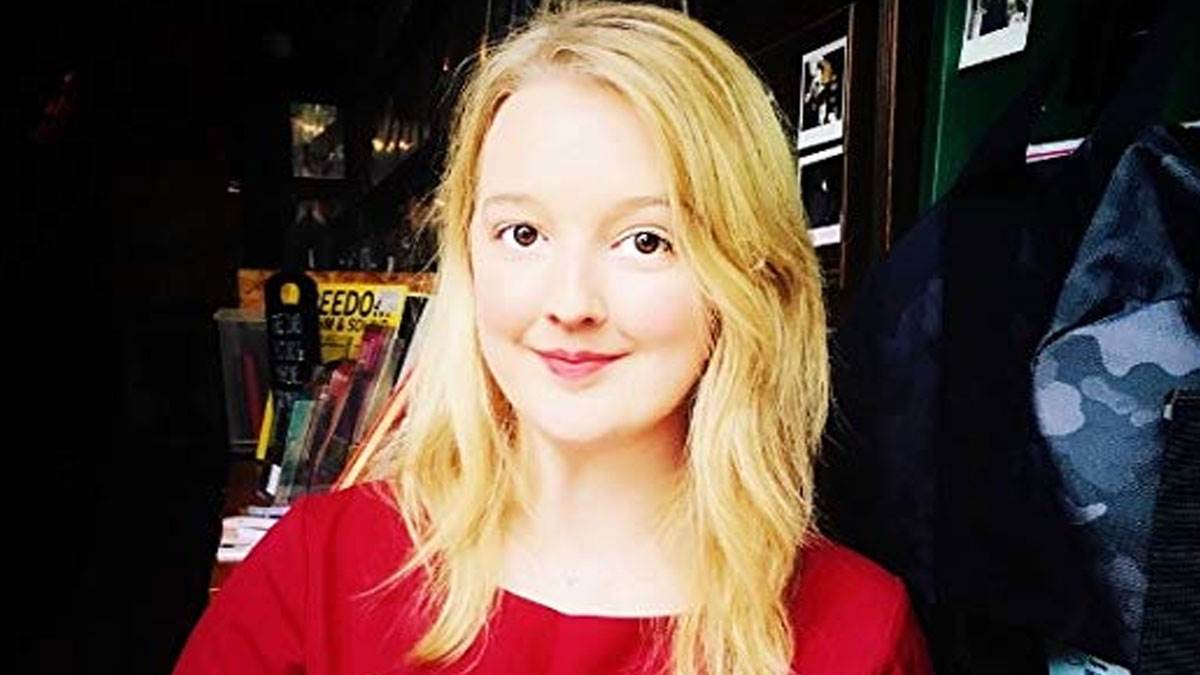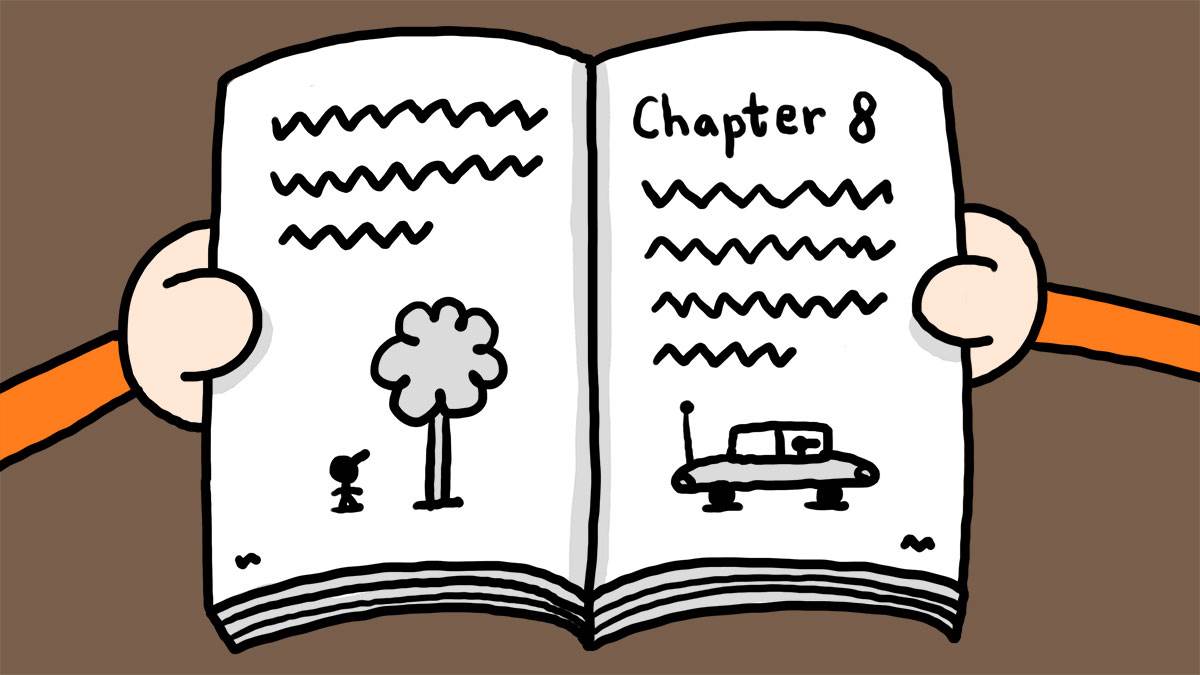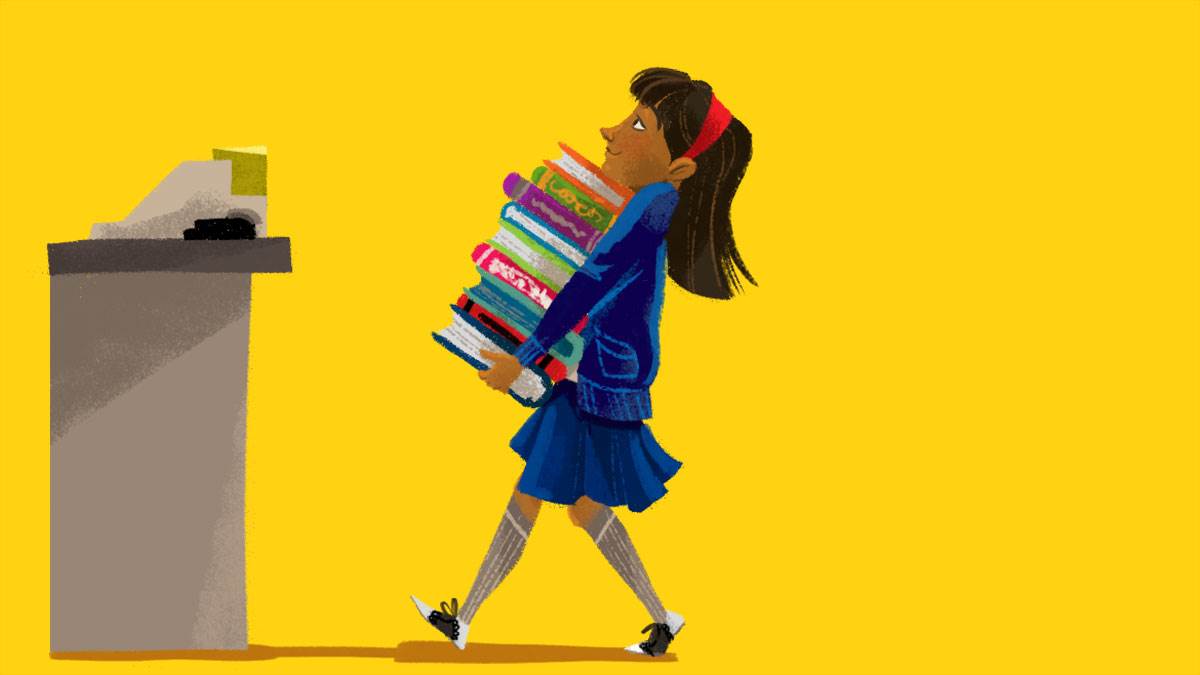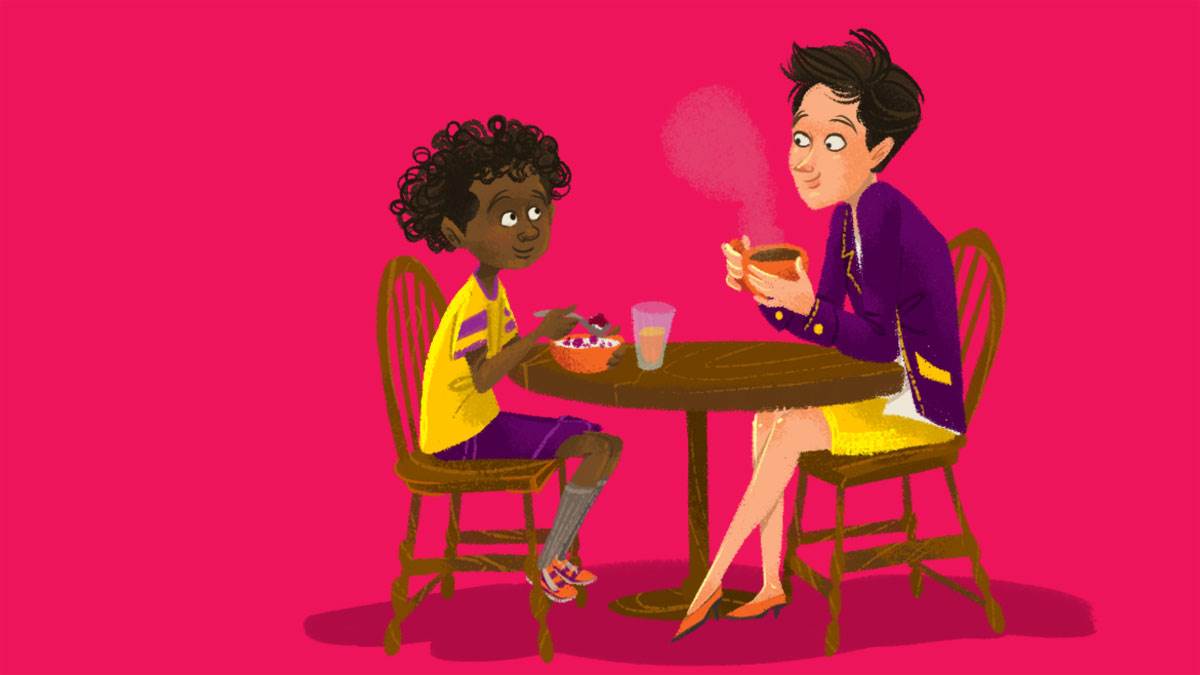Amber Lee Dodd: How telling stories changed my life (and why it could do the same for your child)
Published on: 22 January 2019 Author: Amber Lee Dodd
Nobody realised that Amber Lee Dodd had dyslexia, not even her school – and she often felt like she would never be good at anything. Then a teacher introduced the class to storytime, and her life changed forever. The author now wants every child to have the same opportunity...
In Year 4, the most terrifying thing happened to me, I was put in Miss Smith’s* class. Miss Smith was the scary teacher, the teacher you dreaded getting.
There were many urban legends surrounding our small, slightly elderly Year 4 teacher. Some claimed she would throw a recorder at your head if you got a note wrong in music class; others swore she had once flushed a boy’s head down the school loos. The more dangerous whispers insisted she kept a poisonous pet snake in her drawer.
While most of these legends turned out to be school gossip, Miss Smith was indeed terrifying. She snapped rulers down beside our fingers if we talked in class, made students stand on a chair with their hands on their head if they were naughty, and once, after spotting one of my classmates trying to make a break for it, preformed a very impressive gymnastic jump out of the classroom window. But none of this was as terrifying as the way she made me feel – like I was the stupidest girl in the world.
'I couldn't get words to behave'

In Year 4, I was struggling to read – failing tests and attending special needs classes. I was dyslexic, but nobody knew it. Even I didn’t know it. I just knew I couldn’t get words to behave, or numbers and the way my teachers explained things never made much sense. I also knew that I wanted to be a doctor. I had watched every TV documentary and drama and even had a doctor’s play kit that I tried to take everywhere.
Check out Bookmark: all about books and disability
So when our Year 4 test rolled around, I tried extra hard to get all the maths and science questions right. Later, Mrs Newman paraded the tests around and told the class that everyone had passed.
‘Well nearly everyone,’ she added, staring at me.
When my parents came to parents evening, they asked my teacher if I could become a doctor. Miss Smith shook her head.
‘How about nursing?’ my Mum persisted.
Miss Smith shook her head again.
‘Well, what do you think she’s suited for?’
None of my teachers could answer.
I was very sure I was never ever going to be good at anything. Until I found stories.
First step to becoming an author

For all Miss Smith’s faults, she believed that reading a book to the class was important. We read Fantastic Mr Fox, followed by The Twits, and I was transfixed.
Then, once in a while, we would leave our chairs to do story circle time. Miss Smith would start a story and each student would add to it, the story growing and twisting and becoming stranger with each person’s ideas.
At first, I would barely mutter a word, sure I’d just get it wrong somehow, but one day I got the courage to speak and my imagination ran away with me. The story never got to the next person. I talked until the end of the class and everyone screamed and laughed and then Miss Smith clapped.
‘We have a natural story teller, here,’ she said.
That was the start of me finding my confidence and finding what I was good at; it was also the first step on my journey to becoming an author.
Help children find out who they are

So when I hear remarks about arts subjects promoting unrealistic expectations, I worry. I worry because already many of our schools have cut back on arts subjects, including class reading and creative writing. I worry even more when I visit schools where creative writing is turned into merely an exercise to test spelling and punctuation.
I worry because our arts subjects, creative writing among them, are not sufficiently valued. And they should be. They develop skills that other subjects can’t, such as creative thinking, self-expression and the ability to connect to our culture and the wider world. There have been studies that prove that engaging in stories significantly develops empathy and self-awareness. And while I agree that not all students can go on to work in the arts (although there are more than two million arts jobs in the UK), not all students are cut out to become doctors, lawyers or teachers, either.
If we champion our arts and encourage creative writing and reading in schools, I believe every student can learn how to tell a story. And sometimes it’s in the telling of stories that we find out who we are.
*Names have been changed
Amber Lee Dodd is a children's author and her latest book is Lightning Chase Me Home (Scholastic)






Add a comment